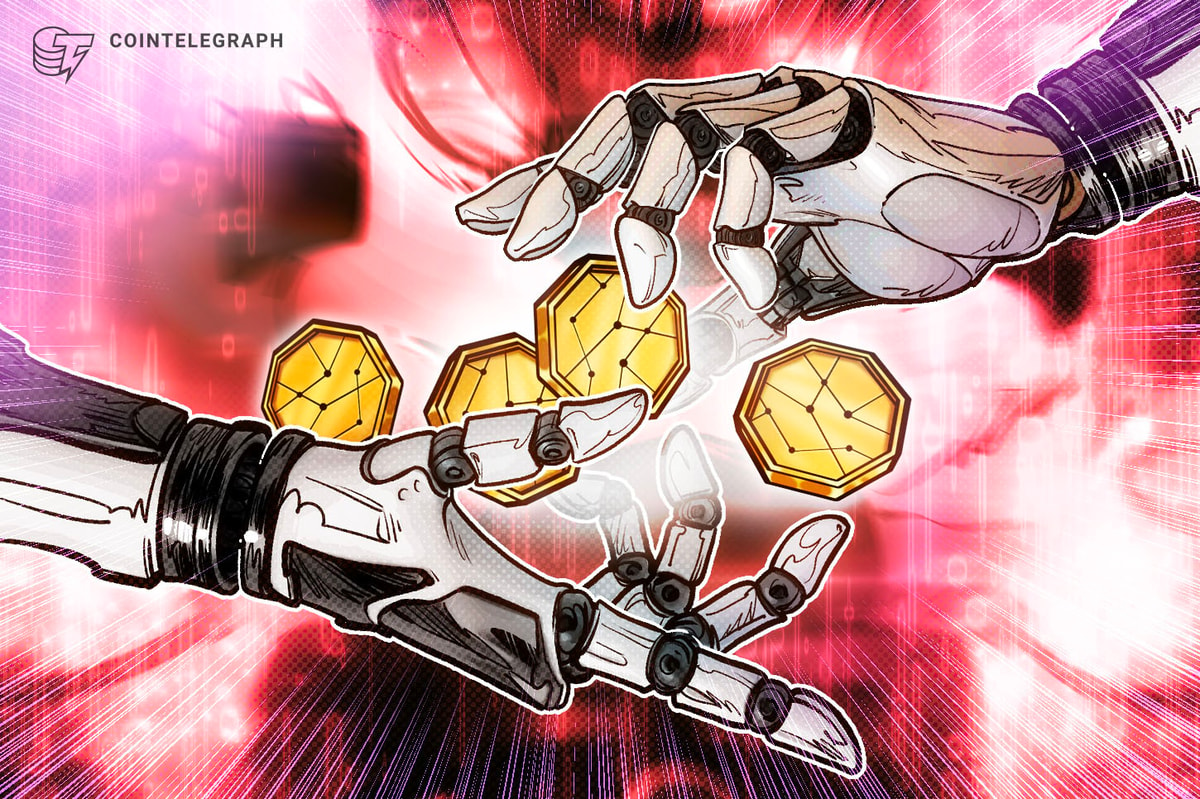Accountability in the Age of Generative AI
The rapid rise of generative AI models has left policymakers scrambling for solutions to ensure accountability in the development and use of these technologies. As AI applications become increasingly sophisticated, the need for transparency and accountability has never been more pressing.
A Global Challenge
Governments around the world are struggling to keep pace with the rapid development of AI. While some, such as the European Union, have taken steps to regulate AI, others appear to be lagging behind. The challenge is compounded by the fact that AI applications are increasingly global, making it difficult to enforce regulations across borders.
The Role of Blockchain
Blockchain technology, which debuted 15 years ago with the release of Bitcoin, is increasingly being considered as a potential solution for creating AI accountability. Blockchain’s immutable nature and ability to create a transparent and tamper-proof record of transactions make it an attractive solution for ensuring accountability in AI development and use.
Immutable Evidence Trail
The common theme in all of the problems linked to AI is accountability. Whether it’s a deepfake of a politician, an AI model developed by a trading house that crashes a national economy, or an autonomous weapon programmed to attack a civilian center, the need for accountability is clear. A blockchain-based evidence trail can provide a provable record of who did what and when, making it easier to enforce regulations and hold individuals accountable.
Privacy and Accountability Combined
Private blockchains, such as those used by FICO, can create accountability in AI development by storing evidence trails on a private blockchain that regulators can access as needed. However, private blockchains have their limitations, as they are essentially databases controlled by the same entities regulators may be trying to investigate. Scalable public blockchains, such as BSV, offer a more secure solution by allowing for sensitive data to be stored in private overlay networks while being linked back to cryptographic hashes of the data on a public chain.
Real-World Applications
Sentinel Node and Trace App, two blockchain apps developed in conjunction with IBM, are already live and utilizing a scalable public blockchain to create accountability in AI development. These apps demonstrate the potential of blockchain technology to provide a secure and transparent record of AI development and use.
Conclusion
The rapid rise of generative AI models has created a pressing need for accountability in AI development and use. Blockchain technology, with its immutable nature and ability to create a transparent and tamper-proof record of transactions, offers a potential solution for ensuring accountability in AI. As policymakers and regulators work to develop regulations for AI, the use of blockchain technology can provide a secure and transparent record of AI development and use, helping to ensure accountability and prevent misuse.
FAQs
Q: What is the main challenge in ensuring accountability in AI development and use?
A: The main challenge is the rapid development of AI and the need for transparency and accountability in AI development and use.
Q: What is blockchain technology and how does it relate to AI accountability?
A: Blockchain technology is a decentralized, distributed ledger that records transactions in a secure and transparent manner. It can be used to create a provable record of AI development and use, providing a secure and transparent record of transactions.
Q: What are the limitations of private blockchains in creating accountability in AI development?
A: Private blockchains are essentially databases controlled by the same entities regulators may be trying to investigate, which can limit their effectiveness in creating accountability in AI development.
Q: What is the potential of scalable public blockchains in creating accountability in AI development?
A: Scalable public blockchains, such as BSV, offer a more secure solution by allowing for sensitive data to be stored in private overlay networks while being linked back to cryptographic hashes of the data on a public chain.
Q: Are there any real-world applications of blockchain technology in AI accountability?
A: Yes, Sentinel Node and Trace App, two blockchain apps developed in conjunction with IBM, are already live and utilizing a scalable public blockchain to create accountability in AI development.










